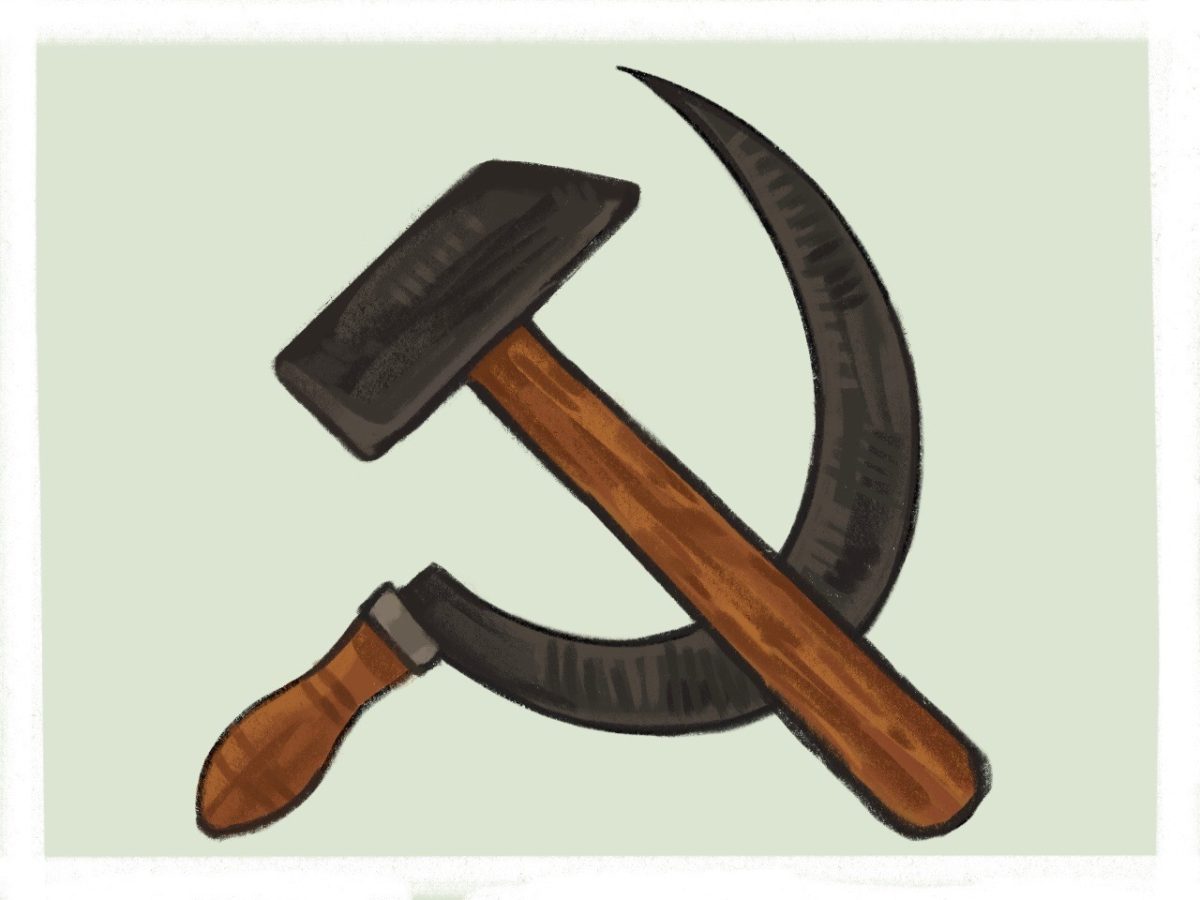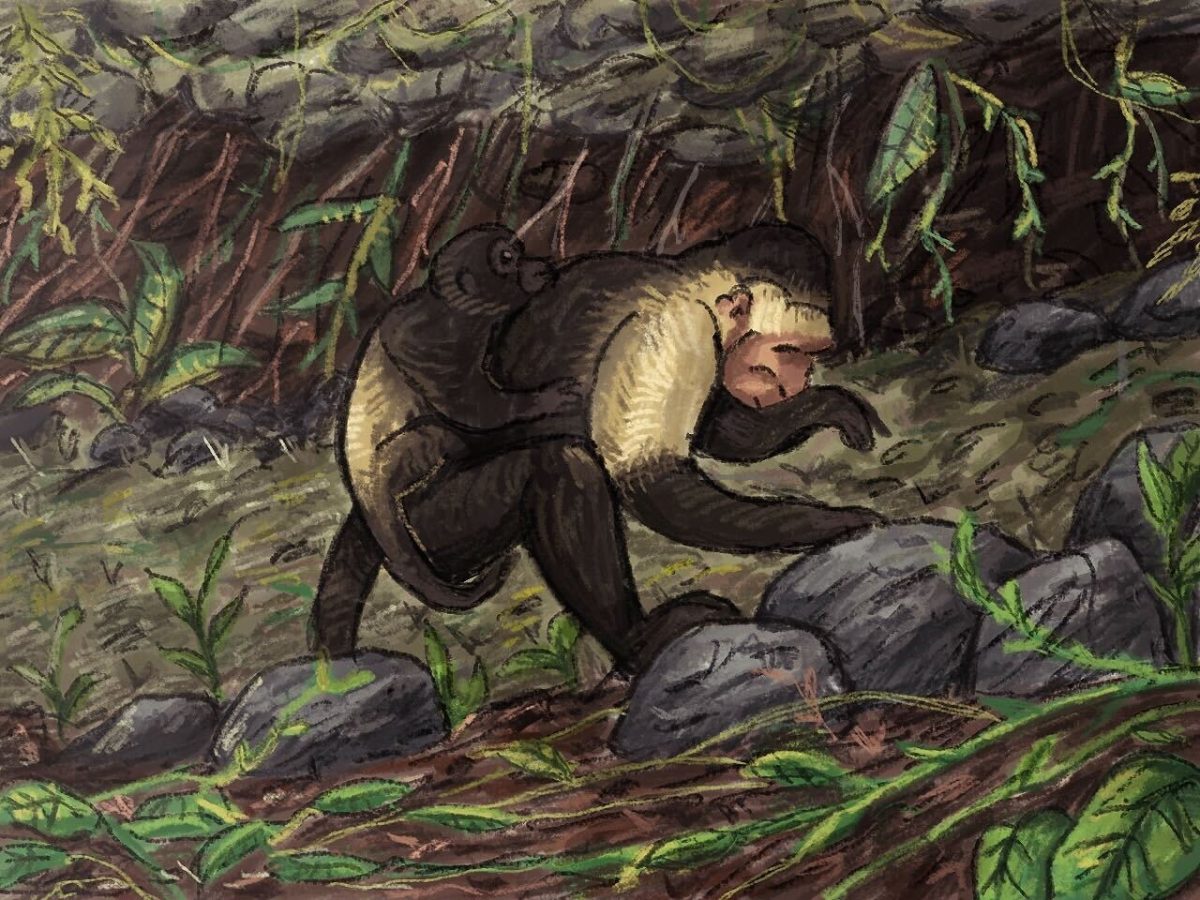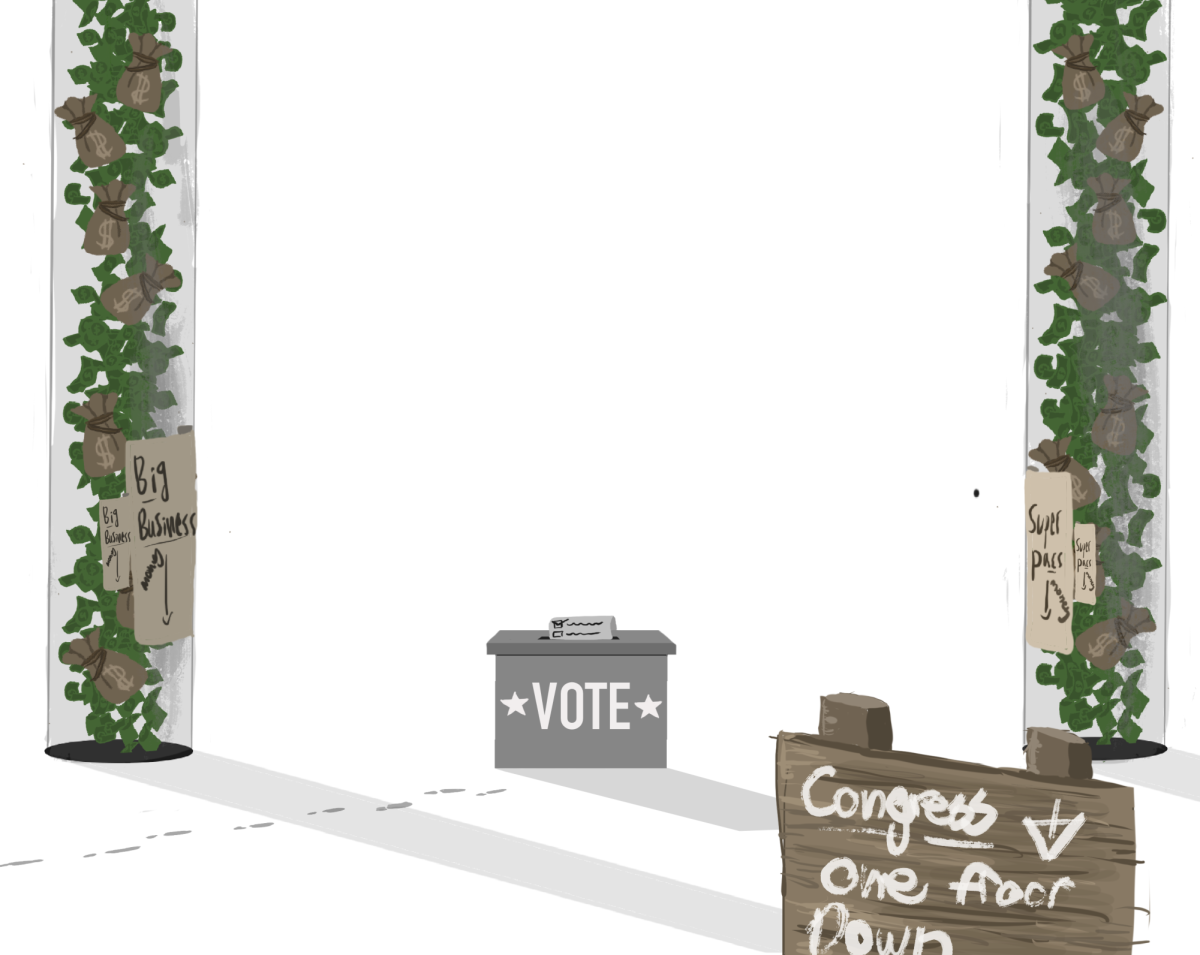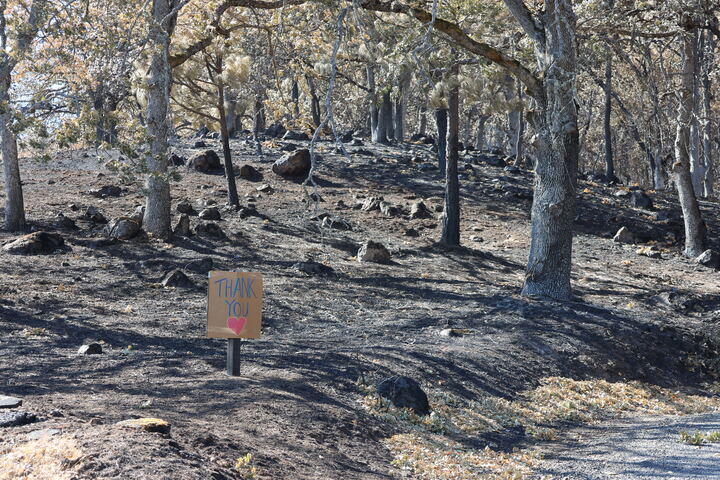Today, our world is more polarized than ever.
We sort otherwise neutral ideas into two camps, paying no time to the thought of reaching across the political aisle. Purely to increase engagement, the most trafficked social platforms actively work to show us only the things we agree with, leading to further narrowing of our political thought and open-mindedness.
We surround ourselves with the people we most agree with and ostracize all others, using divisive and reductive buzzwords to garner support rather than truly making an argument.
However, it’s not the first time that we have seen this kind of disjointed thinking in our politics.
Looking back at our recent history, we can see how the wannabe tyrants and players of the political game can create such a disunited society.
In the shadow of World War II, communism was thought of as the great threat to the American way of life, causing panic like any crisis does today. Germany had just been defeated, had its allies reorganized, and its land partitioned, and in the vacuum of European hegemony, Soviet Russia, complete with a foreign set of beliefs and a totalitarian regime, was easy to see as the next big threat.
Not about to win a war just to be put in a worse situation, the West postured its strength, but what really frightened America was the stark difference in ideology. And, in the looming threat of a staunchly opposed nuclear-armed country, one Senator Joseph McCarthy stepped in to secure his slice of power.
Not unlike some politicians today, McCarthy shared baseless accusations that communists were hiding in the government at the time, making his original claim to fame in 1950 by stating that there were 57 communists in the State Department and elaborating on how dangerous they could be.
He said, “One thing to remember in discussing the communists in our government is that we are not dealing with spies who get 30 pieces of silver to steal the blueprints of new weapons. We are dealing with a far more sinister type of activity because it permits the enemy to guide and shape our policy.”
Yet, nothing would ever come from his accusations despite increasingly frequent and blunt interrogations.
He continued to run his campaign using similar types of fear-mongering, projecting the idea of himself as the moral protector of the government from seeping communist infiltration.
To create this savior-like image of himself, McCarthy made key use of claims that communism and religion were diametrically opposed.
In the same speech in 1950, he said, “Today we are engaged in a final, all-out battle between communistic atheism and Christianity. The modern champions of communism have selected this as the time. And, ladies and gentlemen, the chips are down — they are truly down.”
Through the use of these unfounded claims and the idea that the government was endangered, he sought to aggrandize himself and his supposedly righteous mission in order to gain public favor
Anyone who opposed him was labeled a communist — a threat to the state. And, when his investigations turned up nothing, he opened new ones to keep the public fixated, exemplified in the set of investigations that lost him public opinion, the McCarthy hearings.
With each denunciation, he raised paranoia, casting any attempt to question him as suspicious.
McCarthy wasn’t the first person to use these tactics to get his time in the spotlight, and he certainly won’t be the last. In our ever more divided world, it’s imperative to recognize the similarities we have with each other and the forces that benefit from driving us apart.
Just like anywhere there is money and power up for grabs, politics is plagued with people who are willing to be deceptive for personal gain. The next time you hear controversy about a politician, no matter how much you support or agree with them, take the time to listen to the opposing side.
You might find that what they say doesn’t match up with what they do.
Like how McCarthy vilified communism, public figures today will often try to use a group as a scapegoat to spark fear within people, often targeting groups that our society doesn’t trust or understand, using the threat as an excuse to secure more power for themselves and typically making unfounded claims in the process.
This tactic has been used by tons of power-aspiring people throughout history, including most authoritarian dictators — Hitler using Jewish people and Lenin, Mao, and Kim Il Sung using wealthy capitalists.
As humans, we are naturally drawn to community, even if what unites us is hate.
When we’re angry, we don’t stop to ask about the evidence behind claims or the motives someone might have to make them. Because of this, we have to be extra skeptical of powerful people who generalize and defame groups — especially immigrants or minority populations — in order to inspire reactionary thinking.
These tactics of using buzzwords are on the rise.
Like how “communist” became a synonym for evil during the Red Scare and McCarthyism, terms today are used to reduce complicated topics to a couple of syllables. Through loaded and reductive terms, politicians exploit the previous associations that buzzwords carry with them, appealing to a broader audience while making less of a real stance on the topics being talked about.
However uniting this might be, reducing complex topics ignores the nuance and depth of events and the context surrounding them.
By leaving out so much of the conversation, divides are created, and positions are entrenched.
Strategies like these are directly counterproductive to a healthy democracy, as its discussions become one-sided, its people are blinded by anger, and those in power sit comfortably on top of the situation.
At a time when there is widespread bipartisan distrust in the government, it’s more important than ever to keep our history in mind and be more open to the ideas we otherwise might not consider. In order to maintain the bonds that make up our society and its values, we need to find a middle ground between the political aisle, trying as hard as we can to work together towards the change we wish to make.









